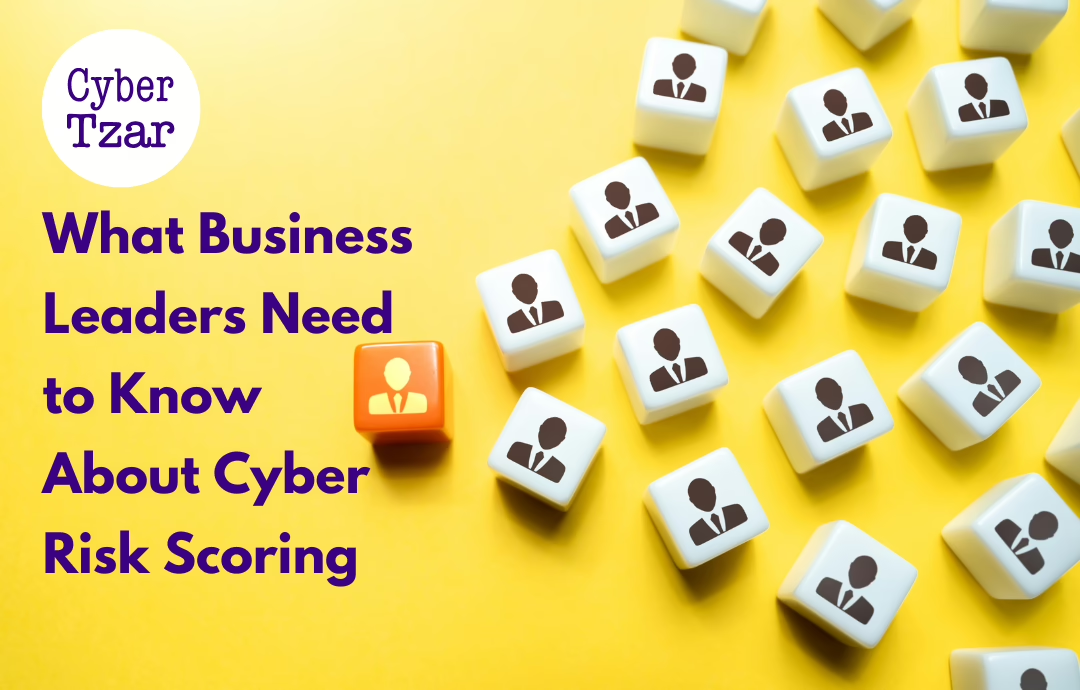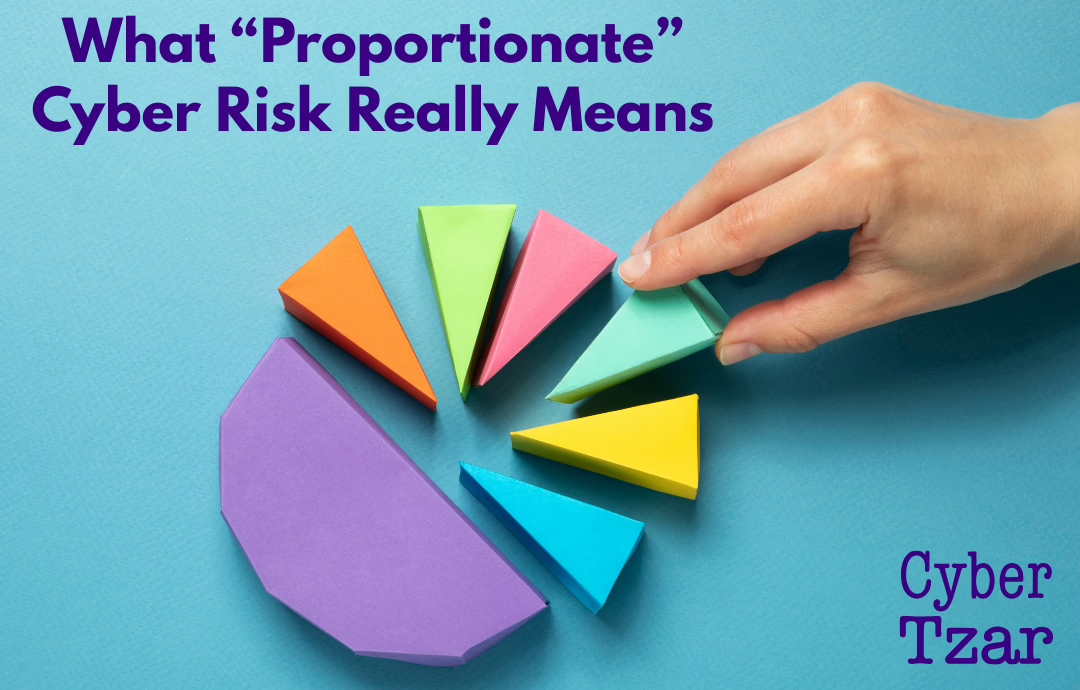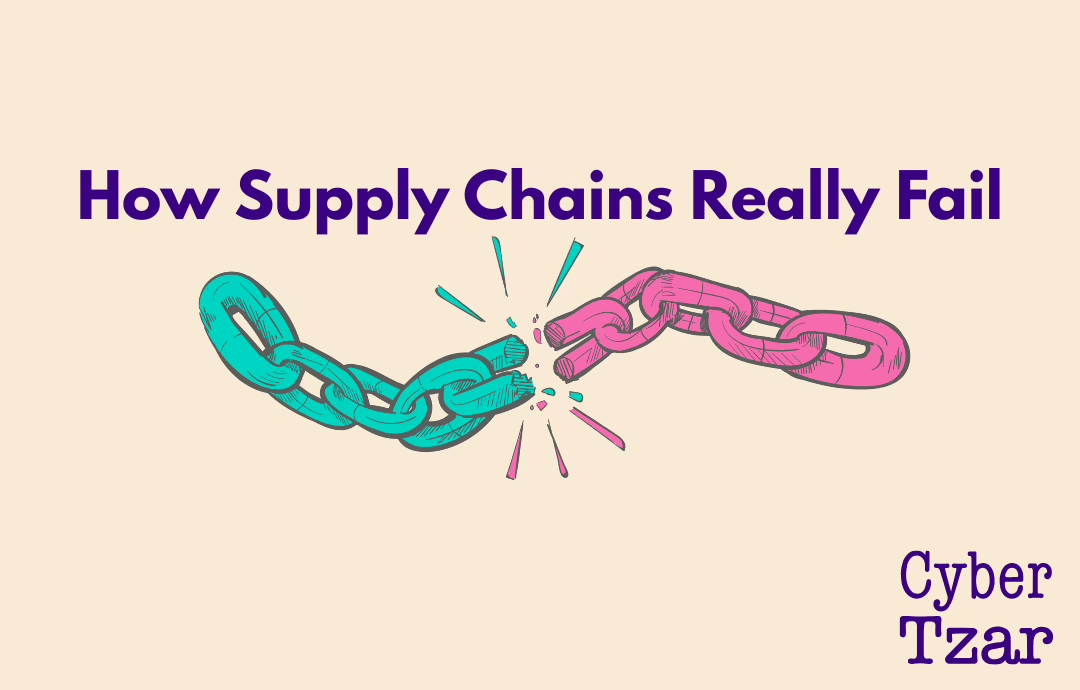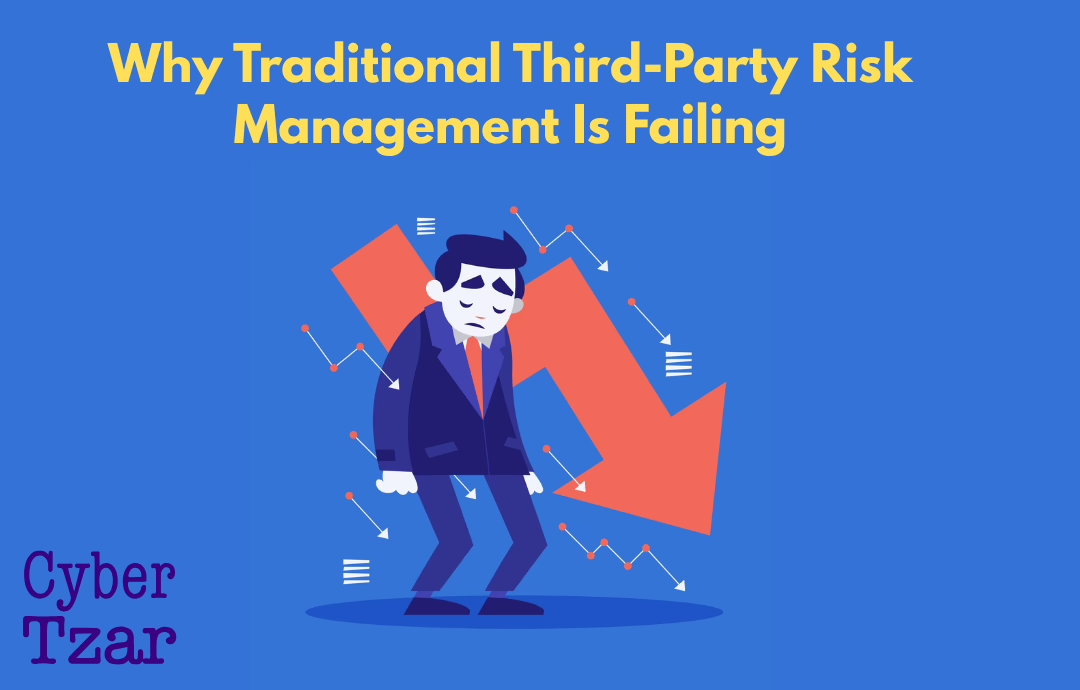Introduction
Cyber threats are now a top business risk, but many leaders struggle to understand how vulnerable their organisation is and what level of risk they face. Cyber risk scoring provides a clear, data-driven way to measure security posture, helping businesses make informed decisions about cybersecurity, insurance, and vendor selection.
Cyber risk scores are increasingly used by investors, insurers, and supply chain partners to assess risk exposure. A poor score can lead to higher insurance premiums, lost business opportunities, and increased regulatory scrutiny.
This article explains how cyber risk scoring works, why it matters, and how businesses can improve their score to reduce risk and enhance security.
1️⃣ What is Cyber Risk Scoring?
Cyber risk scoring provides a quantifiable measure of an organisation’s cybersecurity risk. Similar to a credit score, it evaluates how secure or vulnerable a business is based on security controls, external threats, and past incidents.
📌 Insurers use cyber risk scores to price policies and determine coverage limits.
📌 Investors assess cyber risk scores before funding or acquiring a business.
📌 Supply chain partners use cyber risk scores to evaluate vendor security.
💡 A strong cyber risk score can reduce costs, enhance trust, and improve business resilience.
2️⃣ How is Cyber Risk Scored?
Cyber risk scores are calculated using a combination of internal and external risk factors. While different scoring models exist, most assess the following key areas:
🔹 1. External Attack Surface
📌 What it Measures:
✔ Exposed systems, servers, and services visible on the internet.
✔ Unpatched software and known vulnerabilities (e.g., outdated web servers).
✔ Weak authentication mechanisms, such as no Multi-Factor Authentication (MFA).
📌 Why it Matters:
Hackers look for exposed systems to exploit—reducing your attack surface improves security.
🛡️ How to Improve Your Score:
✔ Regularly scan for internet-facing vulnerabilities.
✔ Patch outdated systems and software immediately.
✔ Enforce strong authentication (MFA, access controls).
🔹 2. Network Security & Endpoint Protection
📌 What it Measures:
✔ Firewall strength and intrusion detection systems (IDS/IPS).
✔ Endpoint security tools, such as antivirus and malware protection.
✔ Device encryption and secure configuration policies.
📌 Why it Matters:
Strong network security prevents unauthorised access and data breaches.
🛡️ How to Improve Your Score:
✔ Deploy Next-Gen Firewalls (NGFW) and endpoint detection tools.
✔ Ensure all company devices are encrypted and secured.
✔ Regularly update and test security configurations.
🔹 3. Threat Intelligence & Dark Web Monitoring
📌 What it Measures:
✔ Leaked credentials on the dark web.
✔ Past security incidents and breach history.
✔ Indicators of compromise (IoCs) related to your organisation.
📌 Why it Matters:
If your credentials or sensitive data are on the dark web, attackers will attempt to exploit them.
🛡️ How to Improve Your Score:
✔ Use dark web monitoring tools to detect stolen credentials.
✔ Immediately reset exposed passwords and implement MFA.
✔ Monitor security logs for unusual activity.
🔹 4. Security Policies & Compliance
📌 What it Measures:
✔ Compliance with ISO 27001, NIST, Cyber Essentials, or GDPR.
✔ Security awareness training and phishing simulations.
✔ Incident response and disaster recovery planning.
📌 Why it Matters:
Businesses with strong security governance face fewer breaches and legal risks.
🛡️ How to Improve Your Score:
✔ Ensure compliance with industry security standards.
✔ Regularly train employees on cybersecurity best practices.
✔ Develop and test an incident response plan.
🔹 5. Vendor & Supply Chain Risk
📌 What it Measures:
✔ The cybersecurity strength of third-party vendors in your supply chain.
✔ Past breaches or security issues affecting your suppliers.
✔ How well vendors follow security best practices.
📌 Why it Matters:
A weak vendor can compromise your entire business—supply chain security is critical.
🛡️ How to Improve Your Score:
✔ Assess vendor cybersecurity before onboarding.
✔ Require vendors to meet security standards (ISO 27001, Cyber Essentials).
✔ Monitor supplier security regularly.
3️⃣ Why Cyber Risk Scores Matter for Business Leaders
🔹 1. Cyber Insurance Premiums & Coverage
✔ A strong cyber risk score can lower insurance costs.
✔ Insurers use cyber risk scores to determine policy terms and exclusions.
✔ Businesses with poor risk scores may struggle to get cyber insurance.
💡 Improving your score can reduce insurance premiums and increase coverage options.
🔹 2. Investor & M&A Due Diligence
✔ Investors and acquirers assess cyber risk before funding or buying a company.
✔ A low cyber risk score can raise concerns about data security and compliance.
✔ A strong score increases business valuation and trust.
💡 Startups and scale-ups need strong cyber hygiene to attract investors and partners.
🔹 3. Supply Chain & Business Partnerships
✔ Large enterprises check cyber risk scores before signing contracts.
✔ Weak security may lead to losing business opportunities.
✔ Vendors with high cyber risk may be removed from supply chains.
💡 Improving your score makes you a more attractive partner for enterprise customers.
4️⃣ How to Improve Your Cyber Risk Score
✅ 1. Implement Stronger Security Controls
- Enable Multi-Factor Authentication (MFA) across all accounts.
- Patch vulnerabilities quickly to reduce external risks.
- Use intrusion detection systems (IDS) and endpoint security tools.
✅ 2. Monitor Your Attack Surface Continuously
- Conduct regular security assessments and penetration tests.
- Use automated cyber risk scanning tools.
- Remove unnecessary internet-exposed assets.
✅ 3. Strengthen Incident Response & Recovery Plans
- Develop a formal incident response plan.
- Test disaster recovery capabilities at least twice a year.
- Ensure data backups are secure and regularly updated.
✅ 4. Secure Third-Party Vendors
- Assess vendor cybersecurity before granting access to data.
- Require suppliers to meet security standards (ISO 27001, SOC 2).
- Continuously monitor third-party security risks.
💡 A proactive security approach will improve your cyber risk score and overall resilience.
Final Thoughts: Cyber Risk Scoring is a Competitive Advantage
Cyber risk scores are no longer just an IT metric—they influence insurance rates, investment decisions, and business partnerships.
🔹 Key Takeaways for Business Leaders:
✔ A strong cyber risk score reduces insurance costs and increases coverage.
✔ Investors and M&A teams use cyber risk scoring in due diligence.
✔ Supply chain partners assess vendor security before onboarding.
✔ Businesses must continuously monitor and improve their cyber hygiene.
By taking a proactive approach to cybersecurity, businesses can lower risk, build trust, and enhance resilience against cyber threats.
📢 What’s Next?
💡 Next in the series: “Why Your Next Funding Round Could Depend on Your Cybersecurity Posture” (w/c 18 June).
Would you like a cyber risk assessment or security audit? Get in touch today. 🚀



